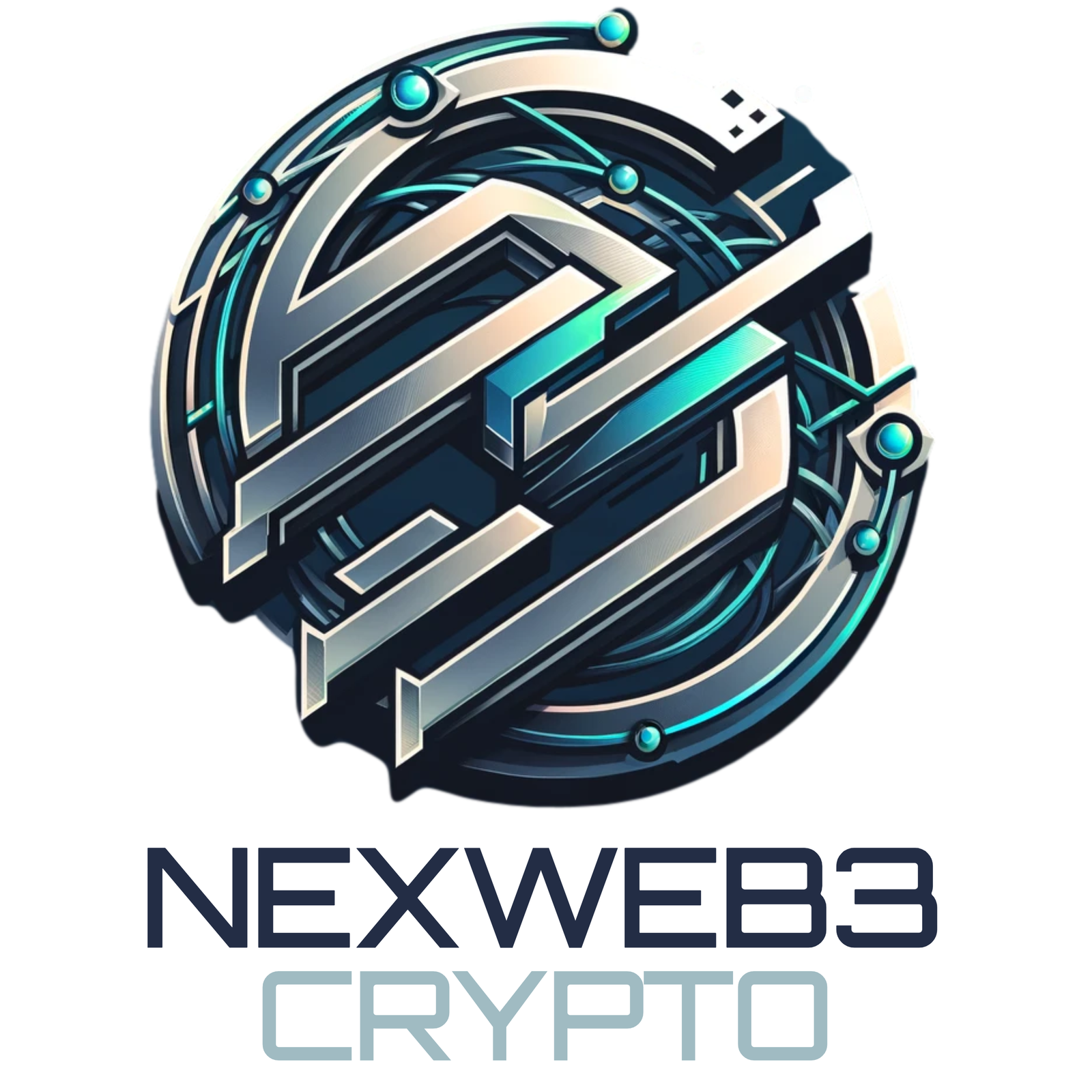Are you curious about blockchain technology? Do cryptocurrencies pique your interest as an investment opportunity? If so then this guide is for you! We’ll cover everything from the basics of what makes up a blockchain network to its potential applications across various industries.

With our expertise in all things related to digital ledgers we aim to provide readers with comprehensive knowledge on how these systems work and why they matter today more than ever before. So join us now as we explore the world of blockchain together!
Blockchain is a decentralized database that stores information across multiple computers. Each computer on the network maintains its own copy of this ledger, making it difficult for any single entity to manipulate data. This means transactions are secure and transparent since they can be verified by anyone within the network. The most well known application of blockchain technology is Bitcoin; however there exist many other use cases as well.
Cryptography – What You Need To Know
Cryptography is an essential component of ensuring data security on the blockchain. By using mathematical algorithms to encrypt and decrypt information only authorized parties can access it. There are several types of cryptographic techniques used in blockchain such as symmetric key encryption, public key encryption, and hash functions that guarantee all transactions remain private and secure. These methods provide unparalleled protection against unauthorized interference or breaches. The use of these advanced technologies underscores how seriously developers take user privacy when designing their systems.
Decentralization – What It Means
Blockchain technology offers a unique advantage in its decentralized structure. Unlike traditional centralized systems where power is concentrated among select individuals or organizations, blockchain allows for an inclusive system that grants equal say to all participants. This makes it resistant against censorship and hacking attempts since no single party can control the network. The democratic nature of this approach ensures fairness across all users involved with the platform.
Smart Contracts – What You Need To Know
Smart contracts are self executing programs that operate on top of blockchain infrastructure. They enable automation for complex business processes without the need for intermediaries or middlemen. These innovative tools have a wide range of applications including enforcing insurance policies managing supply chain logistics and even voting systems. With their potential uses being almost limitless they offer greater efficiency than traditional agreements while also providing transparency in all transactions made through them.
Blockchain’s Future – Trends and Predictions
Blockchain technology has been making waves in recent years due to its potential for revolutionizing various industries. As it continues evolving into new forms and applications, experts are predicting several key trends that could shape the future of this innovative field. One major area where blockchain is expected to have a significant impact involves integrating with other cutting edge technologies such as artificial intelligence (AI) or Internet Of Things(IoT). Additionally, there’s growing interest among policymakers regarding how blockchains can be used effectively within healthcare systems , financial institutions ,and government services . Overall ,it seems clear that blockchain will continue playing an important role in shaping our world over time – one filled with exciting possibilities!
To fully grasp the potential of blockchain technology and cryptocurrencies requires a comprehensive understanding. By studying its fundamental principles, including cryptography, decentralization, smart contracts, as well as future trends you can make informed decisions about your involvement in this dynamic field. With such knowledge at hand anyone interested in leveraging this innovative space has an advantage over those who don’t take time to educate themselves on these critical concepts.







